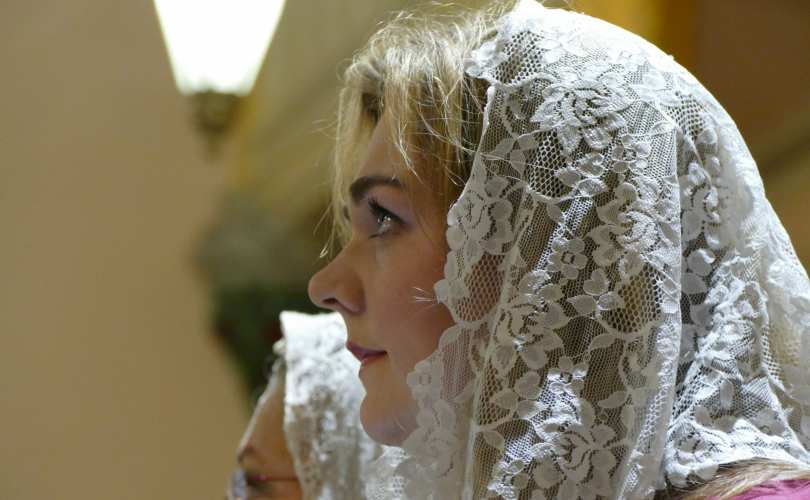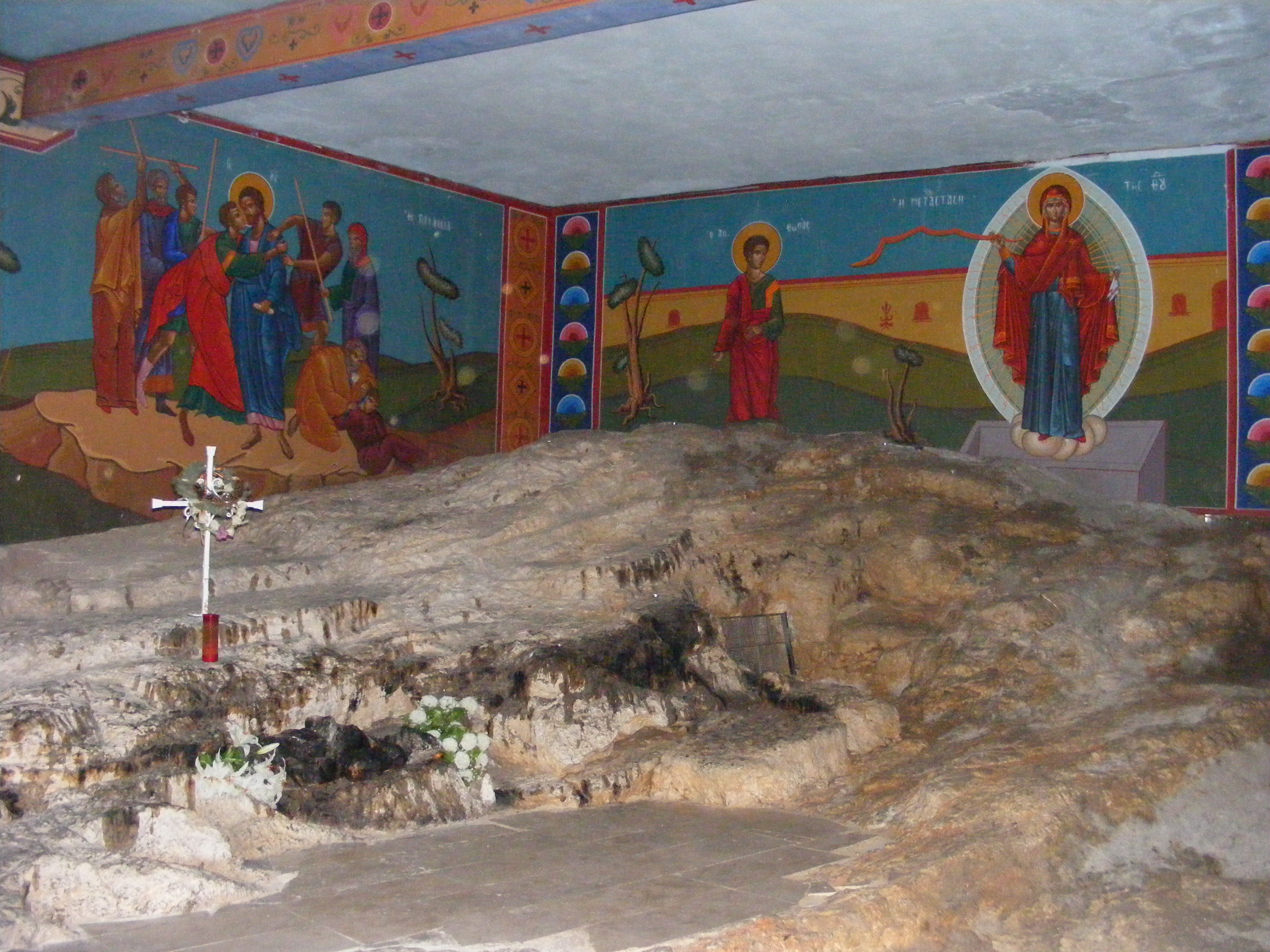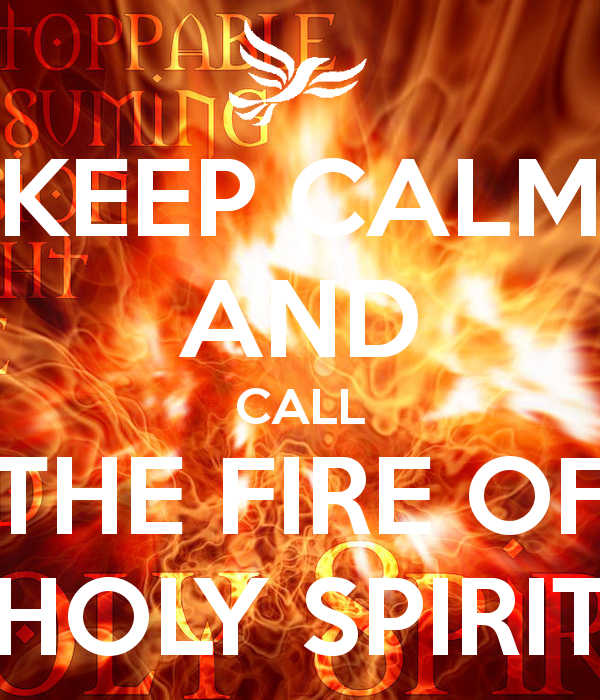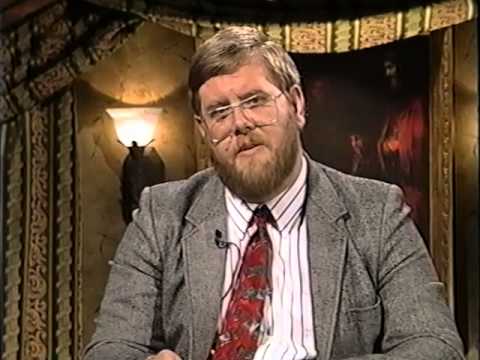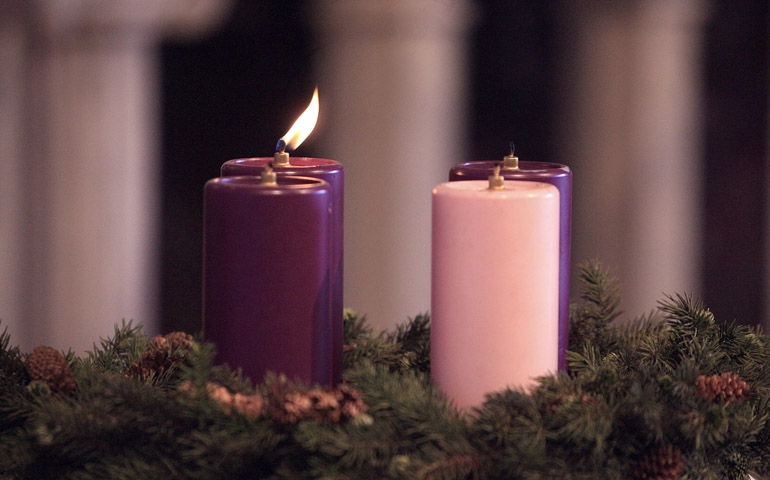-Young women pray at a Solemn High Pontifical Mass for Blessed Karl of Austria in Washington, D.C. The annual Blessed Karl Mass is widely attended by young Catholics in the eastern United States.
Pope Francis on the young who like Latin Mass: ‘Why so much rigidity?’
November 11, 2016 (LifeSiteNews) – In a new interview, Pope Francis criticized the “rigidity” of young people who are attached to the Traditional Latin Mass.
“I always try to understand what’s behind people who are too young to have experienced the pre-conciliar liturgy and yet still they want it,” the pontiff said. “Sometimes I found myself confronted with a very strict person, with an attitude of rigidity. And I ask myself: Why so much rigidity? Dig, dig, this rigidity always hides something, insecurity or even something else. Rigidity is defensive. True love is not rigid.”
Pope Francis frequently criticizes faithful Catholics using this type of rhetoric. He has blasted the “excessive rigidity” of Catholics who believe in moral absolutes.
“Traditionalists” with their “hostile inflexibility,” fail to allow themselves to be “surprised by God,” he said in 2014.
In the same interview, Pope Francis said Vatican II’s major liturgical changes “should carry on as they are.”
“To speak of the ‘reform of the reform’ is a mistake,” he said.
The “reform of the reform” is an expression inspired by Pope Benedict XVI to refer to a reform of the post-Vatican II liturgy that would make it more closely aligned with Catholic liturgical tradition.
Following the Second Vatican Council, it was widely and errantly believed that the Old Rite of the Mass had been abolished or forbidden. In his motu proprio Summorum Pontificum, Pope Emeritus Benedict XVI clarified that both the Ordinary Form (post-Vatican II Mass) and Extraordinary Form (Mass according to the 1962 missal) of the liturgy are permitted and “there is no contradiction between the two editions of the Roman Missal.”
“In the history of the liturgy there is growth and progress, but no rupture,” Pope Benedict wrote. “What earlier generations held as sacred, remains sacred and great for us too, and it cannot be all of a sudden entirely forbidden or even considered harmful.”
In the new interview, however, Francis describes Benedict’s actions as an “exception” that was “magnanimous.”
Pope Benedict extended a “fair and magnanimous gesture to meet a certain mentality of some groups and people who had nostalgia. … But it is an exception,” Pope Francis said.
In an essay on why she likes the Traditional Latin Mass, teenaged Anya Proctor wrote that she was driven to it by “weird” homilies about “other religions, the gospel of Judas, funny stories in the newspaper, irrelevant anecdotes, and even blatant heresies” and “a priest using props on the altar to demonstrate his homily—as if we were all five-year-olds.”
At the Traditional Latin Mass, “I came to know God,” Proctor continued. “I got to fully experience Christ Incarnate in flesh and blood, on my knees, deep in silence and prayer — to meditate on his union with me as he was placed reverently on my tongue by his holy servant. I closed my eyes when I received Jesus. I felt physically, spiritually, and emotionally transformed. Many times in the Cathedral, tears have come to me as I have prayed and focused on Jesus’s love and sacrifice for me.”
“Mass is not intended to celebrate people,” Proctor wrote. “That’s for luncheons, birthday parties, and maybe youth groups—but not Mass. The Mass is for the Lord. The Mass is where the priest is so reverent he faces the Lord, not the people, so that they don’t focus on him, but only on Christ.”
Juventutem (“youth” in Latin), an international federation of young people who attend and promote the Extraordinary Form of the Mass, has chapters around the world.
“We are a group of Catholic young adults who seek to implement Summorum Pontificum in the Archdiocese of Washington,” Juventutem’s Washington, DC chapter explains. “We love the traditional Roman liturgy and seek to share it with the Church and the world. Come pray with us!”
Juventutem’s Boston chapter “promotes the sanctification of youth by means of the traditions of the Catholic Church, faithful to the Church’s teaching and her authorities, and in spiritual union with those young people throughout the world who share our aspirations…Juventutem Boston also dedicates itself to an intercessory apostolate, praying with and for our Bishops and Priests in union with His Holiness Pope Francis.”
Six hundred young adults attended traditional liturgies at World Youth Day this year.
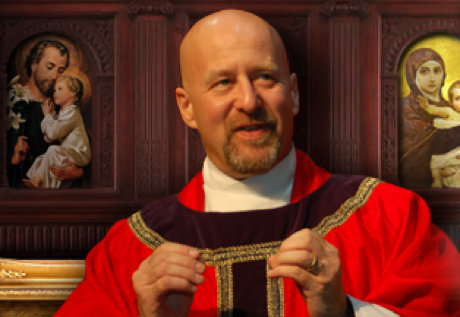
-by Rev Dwight Longnecker, Fr. Dwight Longenecker is an American who has spent most of his life living and working in England. Fr Longenecker was brought up in an Evangelical Protestant home in Pennsylvania. After graduating from the Fundamentalist Protestant Bob Jones University with a degree in Speech and English, he went to study theology at Oxford University. He was eventually ordained as an Anglican priest and served as a curate, a school chaplain in Cambridge and a country parson on the Isle of Wight. Realizing that he and the Anglican Church were on divergent paths, in 1995 Fr. Dwight and his family were received into the Catholic Church. In December 2006 he was ordained as a Catholic priest under the special pastoral provision for married former Anglican clergy. He now serves as parish priest of Our Lady of the Rosary parish in Greenville, SC.
“The Holy Father’s favorite scold is against Catholics who are “rigid”.
In this he is echoing Jesus and the gospels. Jesus’ big problems were the Scribes and Pharisees. Legalists without mercy, they famously sweated the small stuff–always taking the splinter out of someone else’s eye while ignoring the plank in their own. They burdened people with little laws, great guilt and notorious negativity.
In the end they are the ones who plotted to kill Jesus. Definitely bad news.
The Pope’s criticism of similarly rigid religious folks in the Catholic Church is necessary. Certainly we have our share of unsmiling, legalistic, backward looking, negative, hyper critical Catholics. We have our share of Pharisaical, judgmental, hide bound, angry conservatives. Francis is right. They’re a brood of vipers.
Just try it. Poke at them and they’ll strike, and they’re not harmless. Their fangs have venom.
While I support the Pope’s criticism of Pharisaical Catholics, I don’t actually think they are that big a problem. Here’s why:
They are a minority. Perhaps it would be easy to tar all traditionalist Catholics with this brush, but we know its not so. While there are definitely a few vindictive, paranoid, legalistic nut cases among them, most traditionalist Catholics are good, solid, sensible folks who simply love the old Mass and all that goes with it.
Are there harsh, legalistic and judgmental priests? I’ve been a Catholic for over twenty years and I’ve only heard complaints about a priest being harsh in the confessional twice–and both times it was about the same priest.
Two complaints in over twenty years and only about one priest?
Maybe Pope Francis’ experience in Argentina is different than mine in England and the USA, but my experience is that our primary problem is not rigid, legalistic Catholics, but exactly the opposite.
The complaints I hear about priests in the confessional are along these lines, “I went to Fr Whoever for confession and all he did was tell me that the things I confessed weren’t really sins.” or “The priest just said, ‘Remember Jesus Loves You. Go in Peace.’ I had to ask him to say the words of absolution three times, and even then I had to remind him what to say!” or “Our priest doesn’t have set times for confession. He says we should just confess our sins to God and if we need counseling to make an appointment.” or “I confessed that I had slept with a woman before marriage and the priest told me that ‘I probably had an emotional need’ and it as long as she consented it wasn’t really a sin.” or “The priest spent fifteen minutes explaining my psychological problems to me, and then never said the words of absolution.”
In America and the UK the problems of the Catholic Church are not down to overly rigid Catholics. The problems are due to overly flaccid Catholics. We’re not too stiff. We’re too limp.
In my experience a great number of Catholics never go to confession at all. This must mean that they do not think they have committed any sins that need forgiveness. This is not rigidity. This is complacency.
In my experience, most priests are not rigid at all. They are a gentle, loving, kind and forgiving bunch. We priests are quick to explain away guilt, soften the sin and overlook the faults. We want to be nice. We want to be loved. We want to give everyone the benefit of the doubt.
In my experience the vast majority of American Catholics are anything BUT rigid. A huge percentage are okay with contraception. A good number think abortion is okay under certain circumstances. Many think same sex marriage is just fine. A lot of Catholic parents approve of their kids living together before marriage but still want them to have a great big Catholic wedding. A lot of American Catholics seem to be perfectly okay with remarriage after divorce.
In my experience, while some Catholics are extremely generous, a good number are not. They don’t tithe. They give to their own pet causes when they want and they don’t seem to have the faintest idea that their faith is about taking up the cross, following Jesus Christ and walking in the way of sanctity. They don’t seem to be any different from their non-Catholic neighbors.
American Catholicism is not in danger of being too harsh, bitter and judgmental. We’re in danger of being too sweet, pliable and self indulgent.
As usual, every argument is theological. We are this way because of the heresy of universalism and semi universalism. These are the sentimental heresies that everyone will be saved in the end, or if there is a hell that probably there are not very many people there and maybe they will make it to heaven too in the end or maybe God will just let them be snuffed out and cease to exist.
As nice as it is, this is completely unfaithful to the gospel of Jesus Christ and the historic Catholic faith.
I know this rather stands things on their head, but I reckon we could do with a bit more backbone–not less.”
Ah, Universal. Gotta, gotta love it. If anyone recently through RCIA says, “But, I need X!” I say, “Wait! I will be your concierge. I KNOW we’ve got it! I just know.” I think both the Holy Father & Fr. Longnecker are right, and, no, I’m not just being political. I actually think they’re both right. The scourge of being a moderate. 🙂
Love,
Matthew

